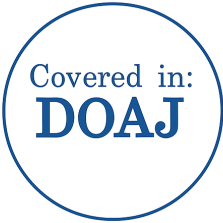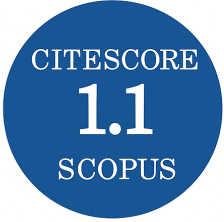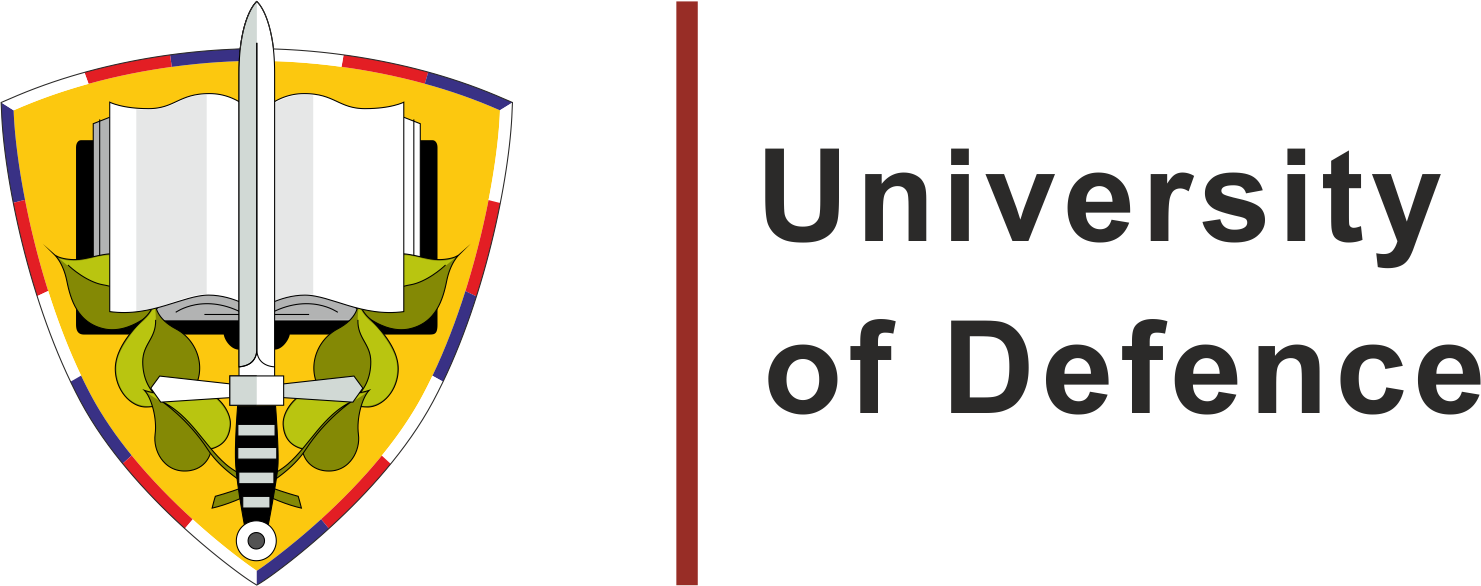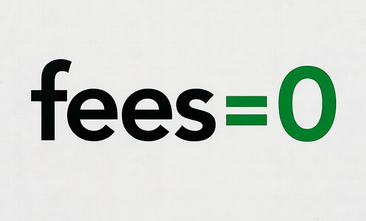The Key Role of the European Defence Agency in the Enhancement of European Defence Research and Technology
Keywords:
Defence Research and Technology (R&T), European Defence Agency, Capabilities Technology, cooperation, programmes, projectsAbstract
The paper in the introductory part underlines the importance of the defence research and technology (R&T) as a decisive factor of the defence capabilities development and strategic pillar of the Armed Forces transformation. Authors inform on functions and tasks of the European Defence Agency (EDA) in R&T area in accordance with the Joint Action and consolidated version of the Treaty on European Union, as it results from the amendments introduced by the Treaty of Lisbon. The authors are focusing on the explanation of the Capabilities Technology (CapTech) as a basis for both generation of cooperation projects and network of experts (Governmental and non-Governmental) in the R&T area and the key operating rules specified in R&T Operational Concept. The information on EDA defence R&T projects categories are also introduced. The part of paper is dealing with European Defence Research and Technology Strategy as a principal strategic document (aim of this document and main considerations). The authors inform on the technology priorities in the EDA framework. The last part of paper is focused on selected challenges in the European R&T area.
Downloads
Published
Issue
Section
License

This work is licensed under a Creative Commons Attribution-NonCommercial 4.0 International License.
Authors who publish with this journal agree to the following terms:
1. Authors retain copyright and grant the journal right of first publication with the work simultaneously licensed under a Creative Commons Attribution License that allows others to share the work with an acknowledgement of the work's authorship and initial publication in this journal.
2. Authors are able to enter into separate, additional contractual arrangements for the non-exclusive distribution of the journal's published version of the work (e.g., post it to an institutional repository or publish it in a book), with an acknowledgement of its initial publication in this journal.
3. Authors are permitted and encouraged to post their work online (e.g., in institutional repositories or on their website) prior to and during the submission process, as it can lead to productive exchanges, as well as earlier and greater citation of published work.
Users can use, reuse and build upon the material published in the journal for any purpose, even commercially.






